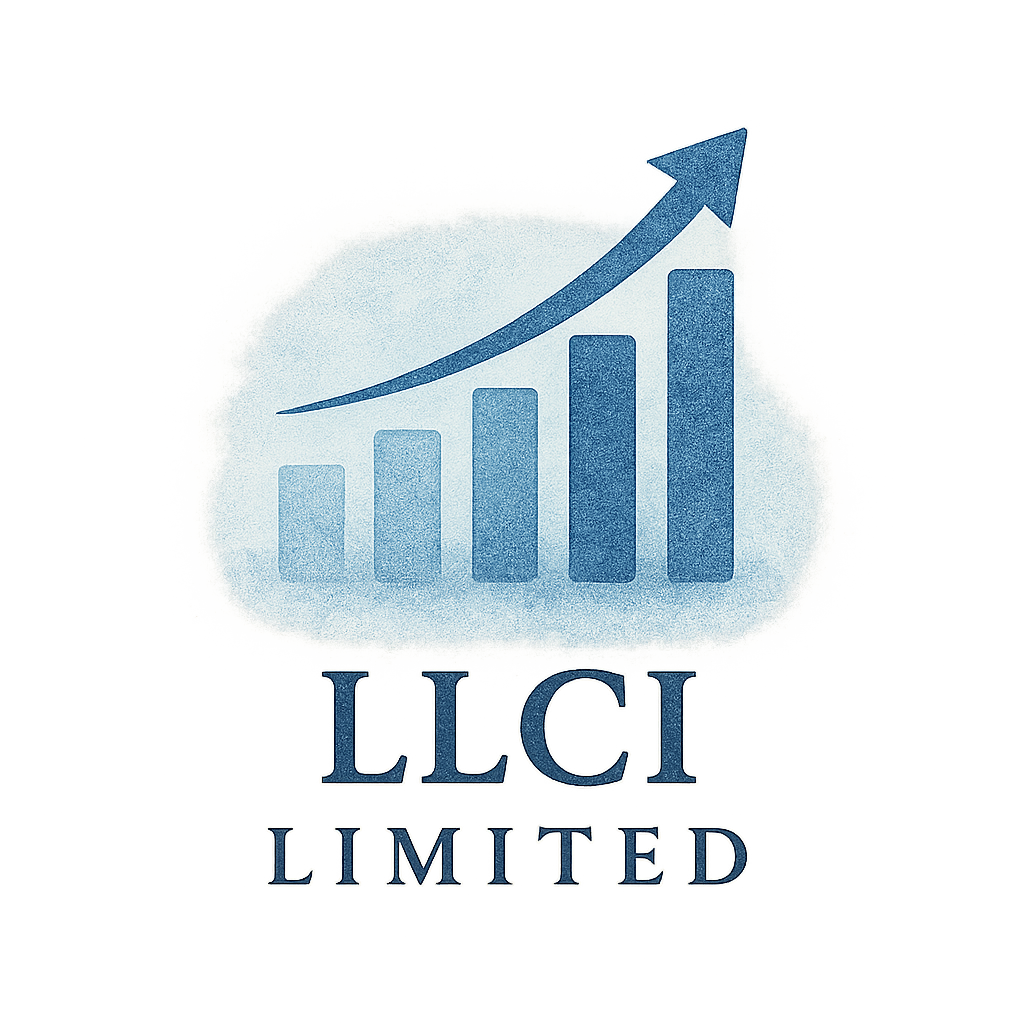Introduction
Let’s face it—managing an investment fund isn’t for the faint-hearted. With millions (sometimes billions) at stake, fund managers need to tread carefully. But even seasoned professionals can slip up if they aren’t paying attention to key oversight principles. In this post, we’ll walk you through 5 mistakes fund managers avoid in investment fund oversight—and more importantly, why dodging these pitfalls is essential for long-term success.
Whether you’re a beginner investor or an aspiring fund manager, understanding these common missteps could save your portfolio. Ready to dig in?
Understanding Fund Oversight
What Is Fund Oversight?
At its core, fund oversight is the continuous process of monitoring, managing, and refining an investment fund’s operations. It’s not just about choosing the right stocks or bonds. It’s about having a system that ensures the fund stays on track, meets regulatory standards, and performs efficiently.
Learn more about the basics of investment oversight here.
Why It Matters in Investment Management
Why does oversight matter? Imagine driving a high-performance sports car with no dashboard gauges. Sounds risky, right? Oversight gives managers the tools to track fund health, identify risks, and respond to market changes effectively.
It’s also crucial to building credibility and investor trust—two things no fund can thrive without.
Mistake #1: Ignoring Diversification Principles
The Power of Diversification
“Diversify, diversify, diversify”—it’s practically gospel in the investment world. And for good reason. Diversification helps reduce risk by spreading assets across various sectors, industries, and geographies.
When fund managers ignore diversification, they leave the fund vulnerable to massive losses if one sector crashes.
Want a deep dive into diversification strategies? Check out this guide.
Real-Life Consequences of Ignoring Diversification
Remember the 2008 financial crisis? Many funds heavily concentrated in real estate got crushed. A diversified portfolio may not have entirely avoided losses, but it definitely would have weathered the storm better.
Mistake #2: Underestimating Risk Management
Risk Management 101
Every investment carries risk. But great fund managers understand that risk management is about controlling the downside—not eliminating it.
From setting stop-loss orders to using hedging techniques, managing risk is a daily discipline.
Explore more about the relationship between risk and return here.
Effective Risk Strategies for Fund Managers
Some proven strategies include:
- Scenario analysis
- Regular stress testing
- Liquidity reviews
- Asset allocation adjustments
If risk isn’t actively managed, performance suffers, and investor confidence drops.
Dive deeper into risk handling via our risk management hub.
Mistake #3: Neglecting Market Trends and Data
The Role of Trends in Investment Strategy
Markets evolve rapidly, and missing a key trend can leave a fund behind. Fund managers who don’t monitor emerging trends can end up investing based on outdated assumptions.
Stay updated with market shifts via our investment strategies and trends.
Tools and Techniques for Monitoring Trends
- Economic indicators
- Technical analysis software
- AI-based prediction tools
- Global macroeconomic reports
Following the right investment fundamentals can help managers stay informed and agile.

Mistake #4: Failing to Communicate with Stakeholders
Importance of Transparent Reporting
Fund managers who go silent create uncertainty. And in investing, uncertainty often means one thing: fear. Regular, transparent communication is key to maintaining investor trust.
Read about the vital roles and responsibilities of fund managers here.
Building Trust Through Communication
It’s not just about quarterly reports. It’s about:
- Clear investment rationale
- Performance updates
- Honest conversations about risk
Our guide on fund manager roles breaks it down.
Mistake #5: Lack of Continuous Learning and Adaptation
The Ever-Changing Nature of Financial Markets
The market waits for no one. Strategies that worked five years ago may be obsolete today. The best fund managers are lifelong learners.
Brush up on your investment basics to stay sharp.
How Top Fund Managers Stay Ahead
- Attending financial seminars
- Earning certifications
- Reading industry journals
- Engaging with mentors and peers
Check out our complete guide on fund management to explore how pros keep learning.
Best Practices in Investment Fund Oversight
Leveraging Technology and Expertise
Modern fund oversight involves more than human intuition. Today’s managers use fintech tools to:
- Automate compliance
- Run real-time analytics
- Improve operational efficiency
Curious about how different fund types use tech? Read more on types of investment funds.
Setting Up Internal Oversight Frameworks
Every fund should have internal systems in place, such as:
- Audit trails
- Investment committees
- Compliance checklists
- Performance benchmarks
Visit our fund management strategies section for deeper insight.
Conclusion
Investment fund oversight isn’t just about avoiding mistakes—it’s about creating a sustainable framework for performance, compliance, and trust. By understanding and dodging these five common fund manager errors, you’re already miles ahead of the curve.
The key takeaway? Be proactive. Communicate. Learn. Adapt. And never forget the basics.
Explore more expert insights and investment fundamentals at LLCILimited.com.
FAQs
1. What is the role of a fund manager in investment oversight?
A fund manager oversees asset allocation, monitors fund performance, and ensures regulatory compliance. They’re the captain of the investment ship.
2. Why is diversification important in fund management?
Diversification minimizes the impact of any one investment performing poorly. It spreads risk across sectors and markets.
3. How do fund managers assess risk?
They use tools like stress testing, scenario analysis, and portfolio simulations to estimate potential losses under various conditions.
4. What tools do fund managers use to track market trends?
From Bloomberg terminals to AI-powered analytics, fund managers rely on a mix of qualitative and quantitative data tools.
5. How can a fund manager improve communication with investors?
Regular updates, transparent reports, and accessible communication channels help build trust and engagement.
6. Is continuous education necessary for fund managers?
Absolutely. Financial markets are dynamic. Continuous learning helps fund managers adapt to new tools, trends, and regulations.
7. Where can I learn more about investment fund oversight?
Explore LLCI Limited’s resources on fundamentals, fund types, and market strategy for a comprehensive guide.

